-
Funding
Funding
HFSP supports novel, innovative and interdisciplinary basic research focused on the complex mechanisms of living organisms. A clear emphasis is placed on novel collaborations that bring biologists together to focus on problems at the frontier of the life sciences.
-
Awardees
Awardees
In this section you find information about the awardees in the HFSP scientific programs. This includes a searchable database of HFSP awardees, information on the HFSP Nakasone Award and other achievements by HFSP awardees.
- News & Impact
-
Events
Events
HFSP promotes and participates in several events every year. We are committed to bringing together the scientific community and forging new opportunities to network and have scientific discussions that help to create bridges and partnerships for the future of frontier science.
-
About
About
The Human Frontier Science Program is a program of funding for frontier research in the life sciences. It is implemented by the International Human Frontier Science Program Organization (HFSPO) with its office in Strasbourg. Here you can find all you need to know about the HFSPO.
History
-

 2024
2024Prof. Yoshihiro Yoneda was appointed the new President of HFSPO.
-

 2024
2024In 2024, HFSPO celebrated its 35th anniversary with celebrations in Strasbourg and Washington, DC.
-
2023
The HFSPO Board of Trustees approved the Membership of South Africa and Norway. The endorsement discussion was held in December 2022 during the BOT meeting, with formal letters of acceptance concluding in late January 2023. The National Research Foundation, the South African Medical Research Council, and the Research Council of Norway took place as new Management Supporting Parties (MSPs) shortly after.
-

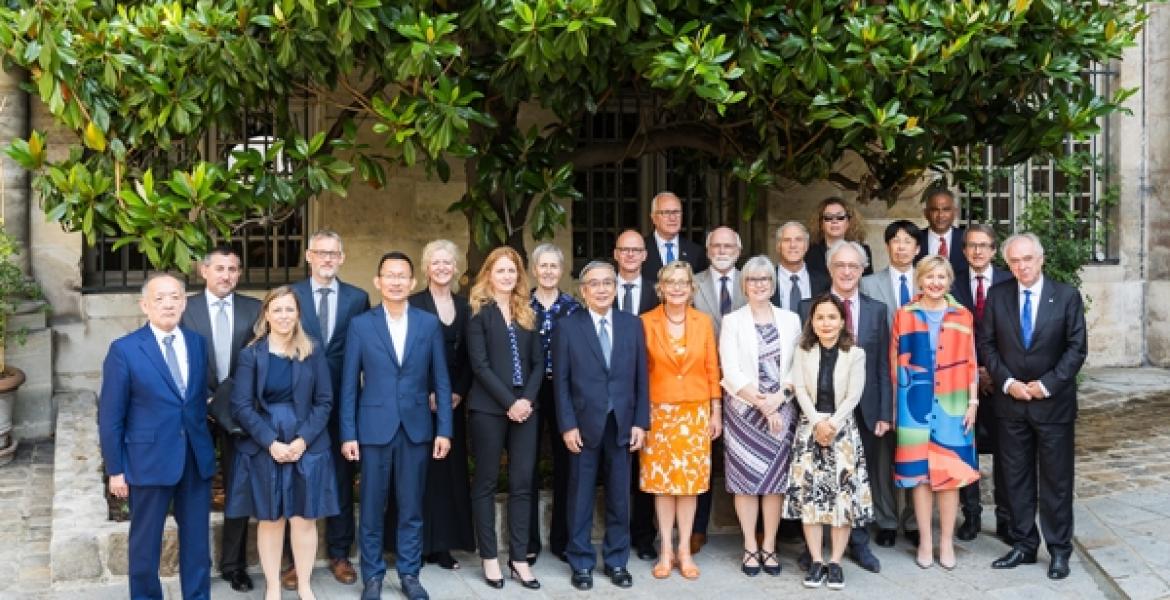 2023
2023The Triennial Conference of HFSPO Members (formally Intergovernmental Conference) was hosted by France in Paris. The representatives of the member countries and the European Commission adopted the new Strategy for the period 2024-2032.
-

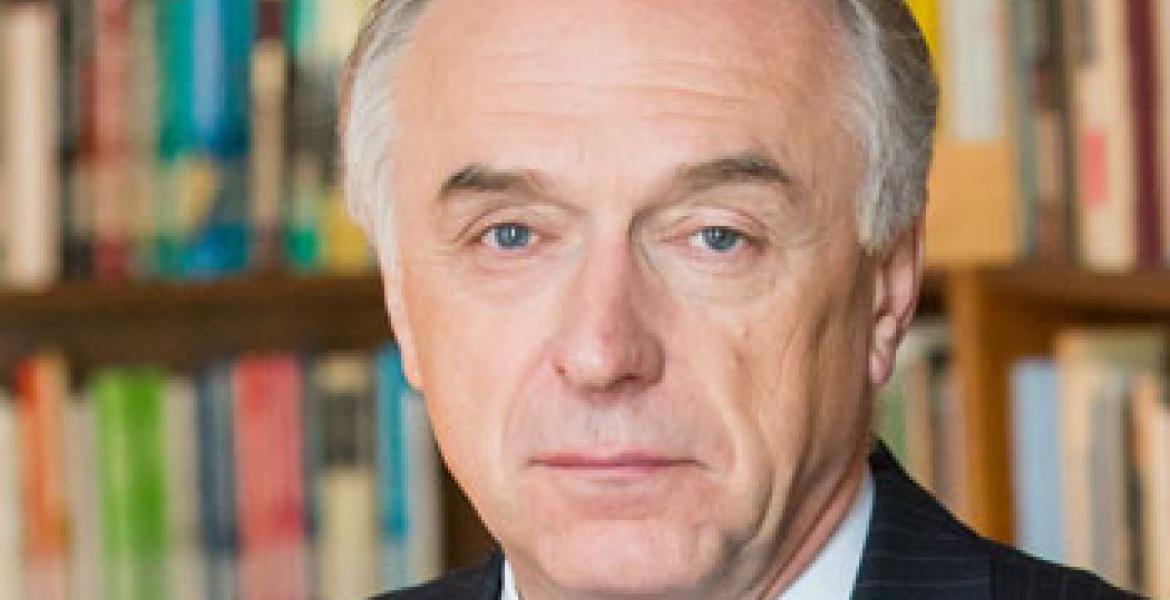 2021
2021Pavel Kabat took up the position of Secretary General of HFSPO.
-

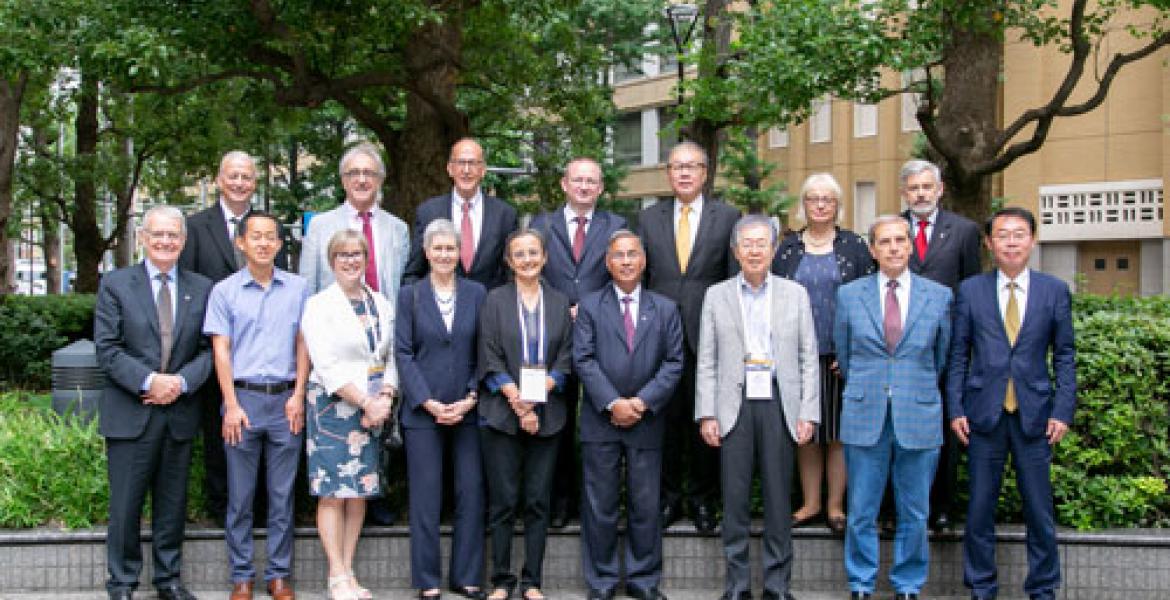 2019
2019The Triennial Conference of HFSPO Members (formally Intergovernmental Conference) was hosted by Japan in Tokyo. The representatives of the member countries and the European Commission adopted indicative budgetary guidelines for the period 2020-2022.
-

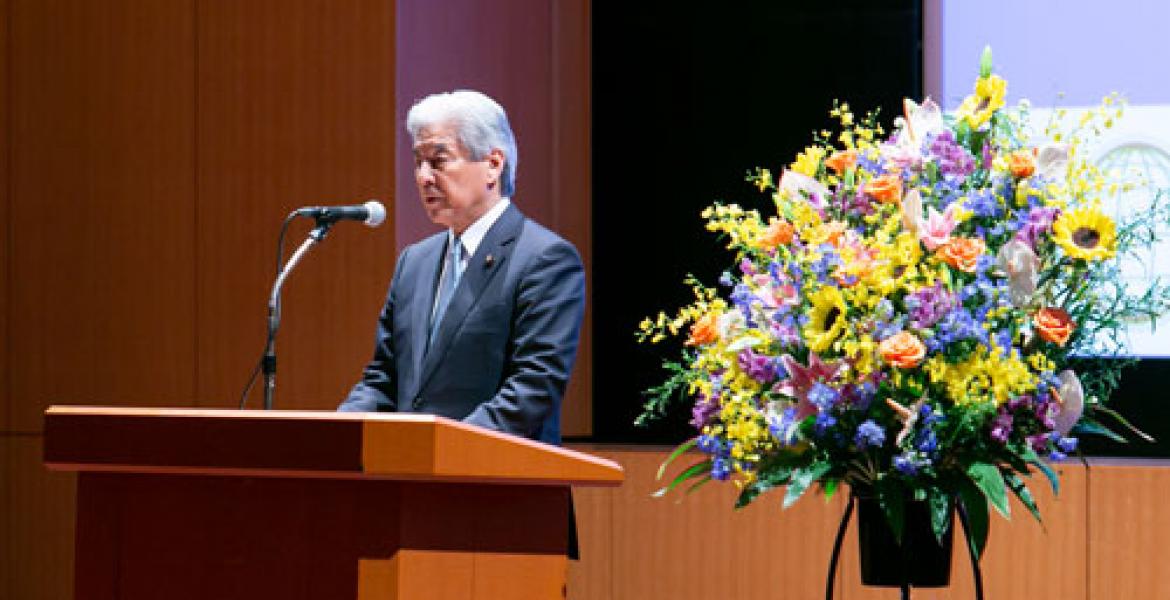 2019
2019In 2019, HFSPO celebrated its 30th anniversary. Events were held in Washington DC, Tokyo and Strasbourg to mark this occasion.
-
2019
Membership of Israel was approved by the Board of Trustees on 20 September 2019, pending signature of the Memorandum of Understanding (MoU). The signing of the MoU by the President of HFSPO (3 October 2019) and the Ministry of Science and Technology of Israel (17 November 2019) took place shortly afterwards.
-

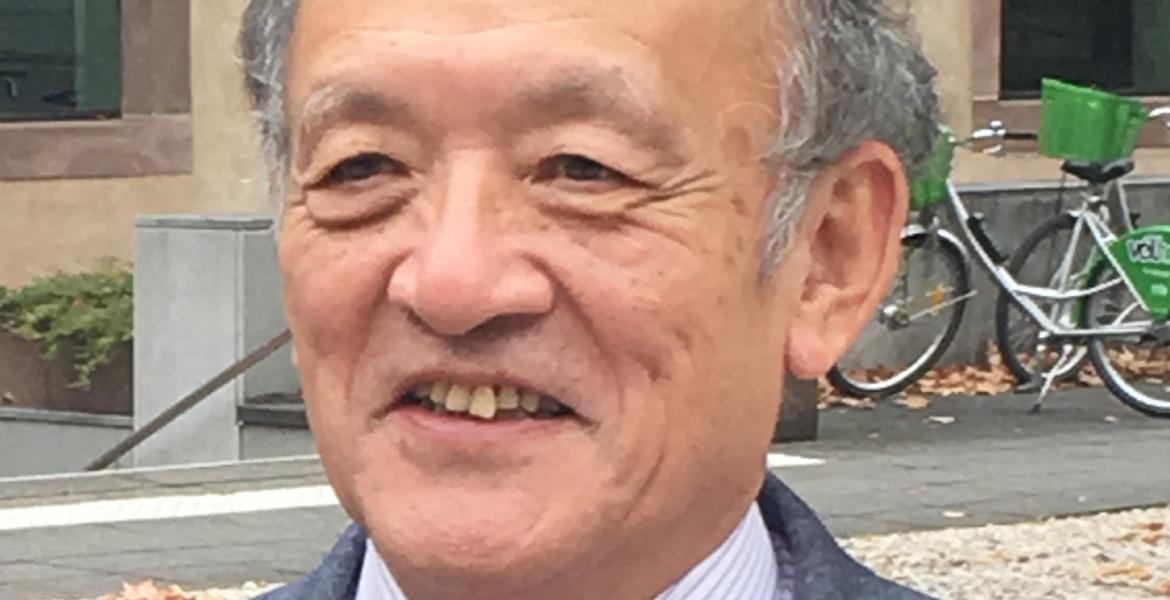 2018
2018Shigekazu Nagata took up office as President of HFSPO.
-
2018
An external review of HFSP by an Independent Scientific Review Committee (ISRC) was published. The review involved a detailed data analysis based on awardee questionnaires, bibliometric analysis, interviews and case studies for the years 2009-2018.
-

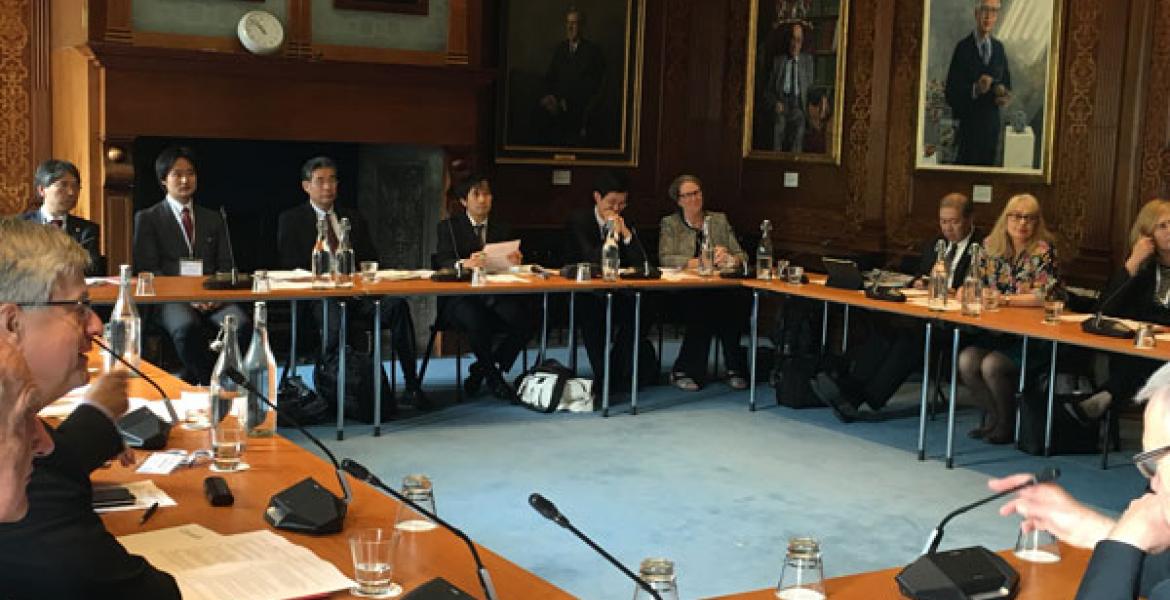 2016
2016The HFSPO Intergovernmental Conference was hosted by the United Kingdom in London. The representatives of the member countries and the European Union adopted indicative budgetary guidelines for the period 2017-2019.
-

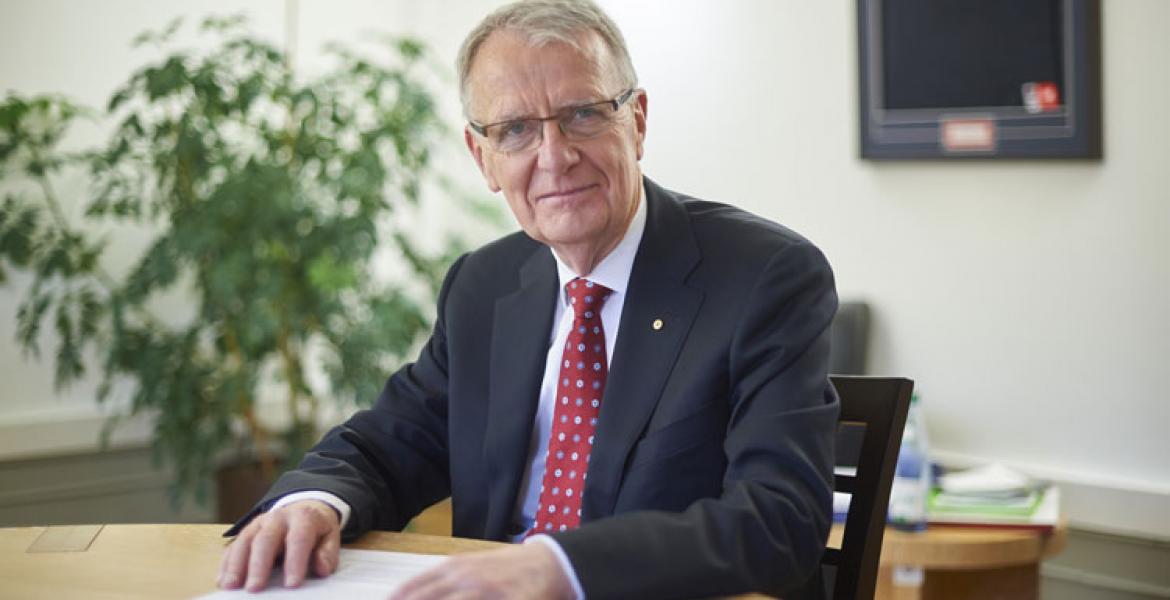 2015
2015Warwick Anderson took up the position of Secretary General of HFSPO.
-

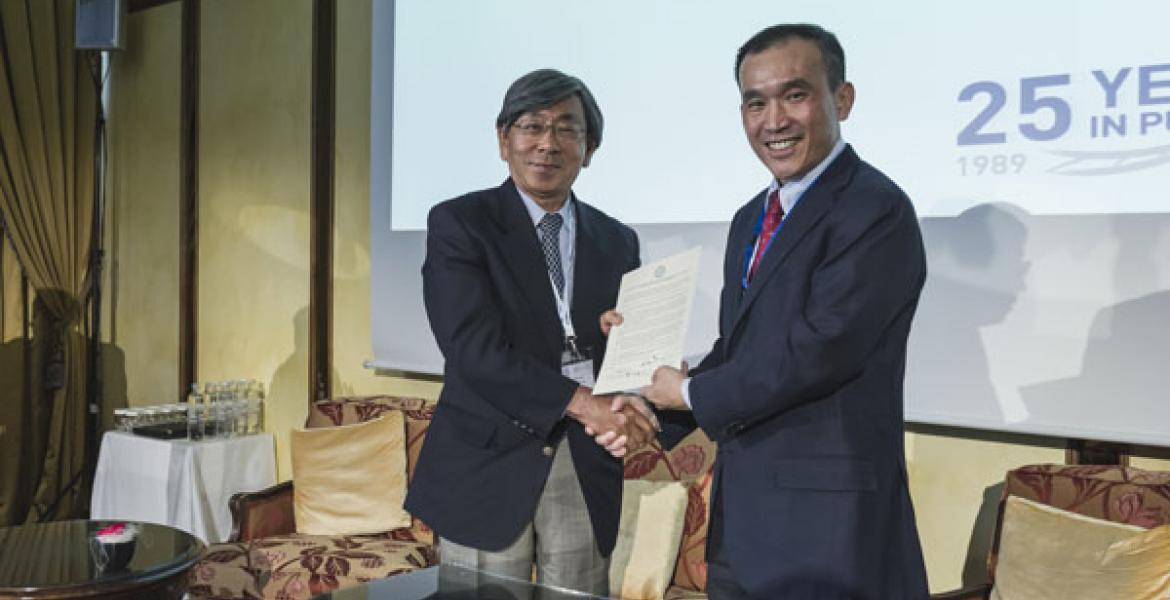 2014
2014Membership of Singapore was approved at the March meeting of the Board of Trustees, pending signature of the Memorandum of Understanding (MoU). The signing of the MoU took place shortly afterwards in July during the 25th anniversary events in Lugano and at a ceremony in Singapore.
-

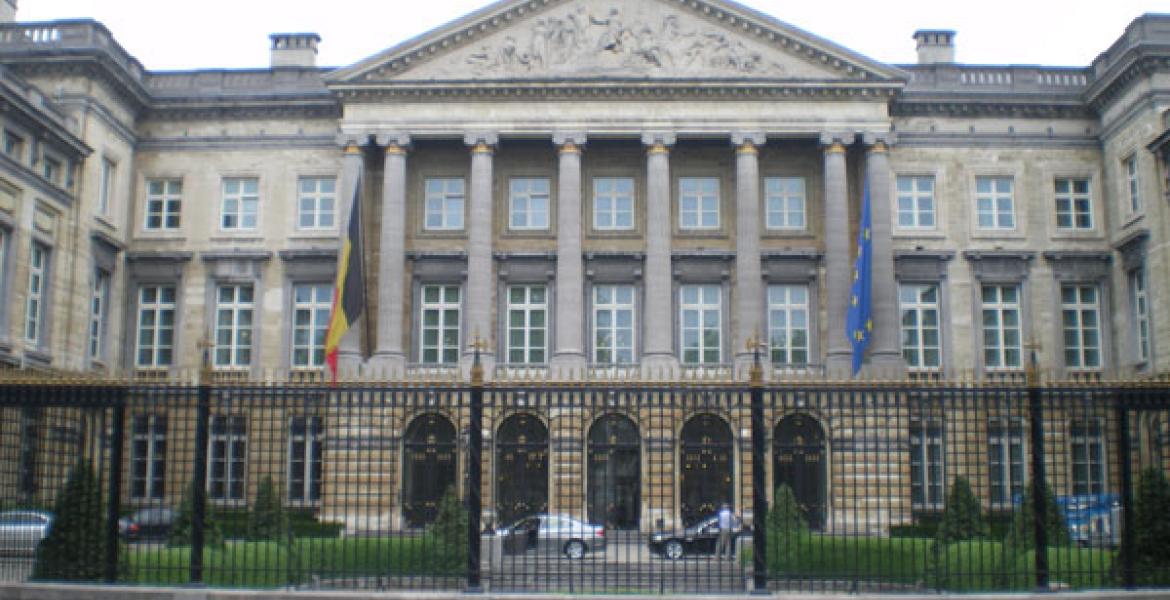 2013
2013At an Intergovernmental Conference hosted by the European Union in Brussels, Belgium, representatives of the member countries and the European Union adopted indicative budgetary guidelines for the period 2014-2016.
-

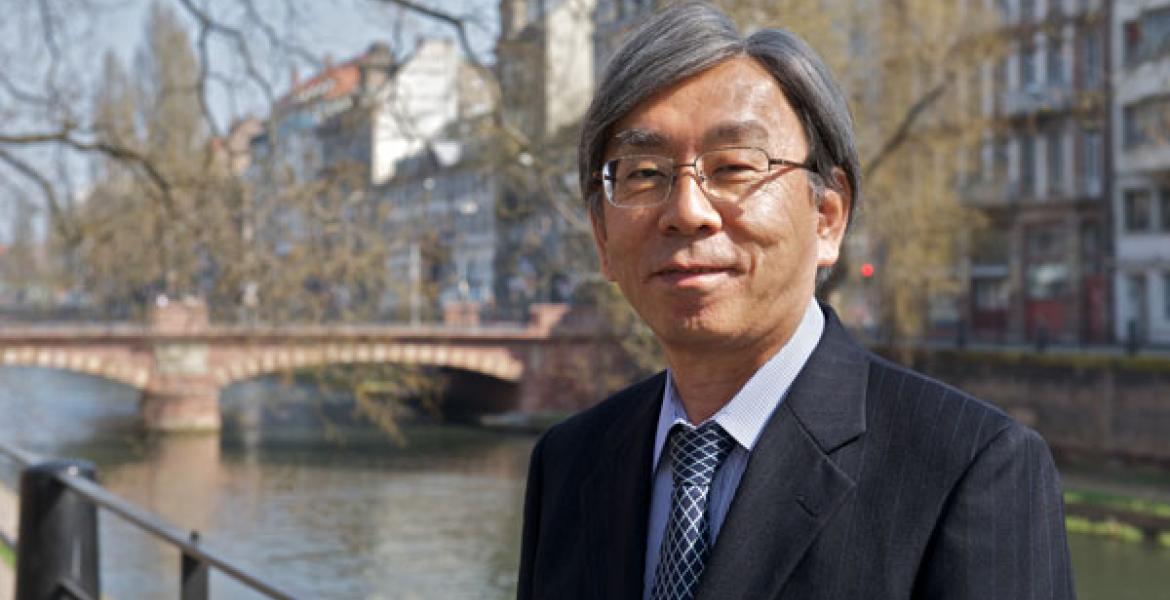 2012
2012Nobutaka Hirokawa took up office as President of HFSPO.
-
2011
At its March meeting, the Board of Trustees approved the appointment of Ernst-Ludwig Winnacker as Secretary General for a second term from July 2012.
-
2010
External reviews of the HFSP were published encompassing a questionnaire-based evaluation of the scientific programs and a bibliometric analysis of HFSP-funded research.
-

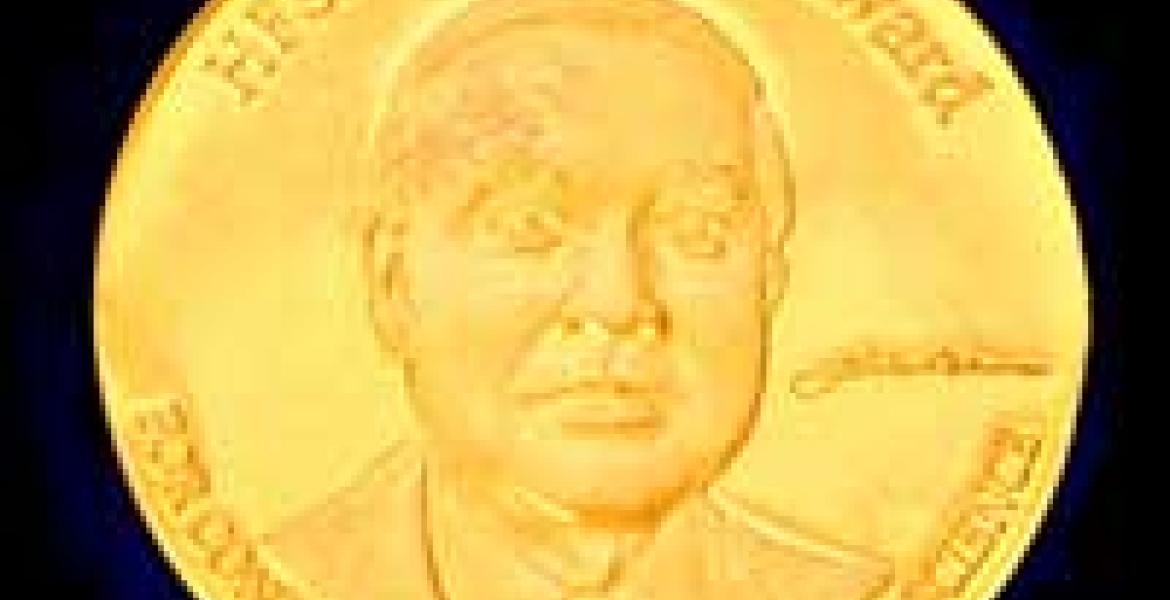 2010
2010The HFSP Nakasone Award was launched and the first prize was made to Karl Deisseroth for his pioneering work on the development of optogenetic methods for studying the function of neuronal networks underlying behavior.
-
2010
At an Intergovernmental Conference held in Canberra, Australia, representatives of the member countries and the European Union enthusiastically agreed to a framework for financing the Program, including a 4% annual budget increment for the next 3 years.
-

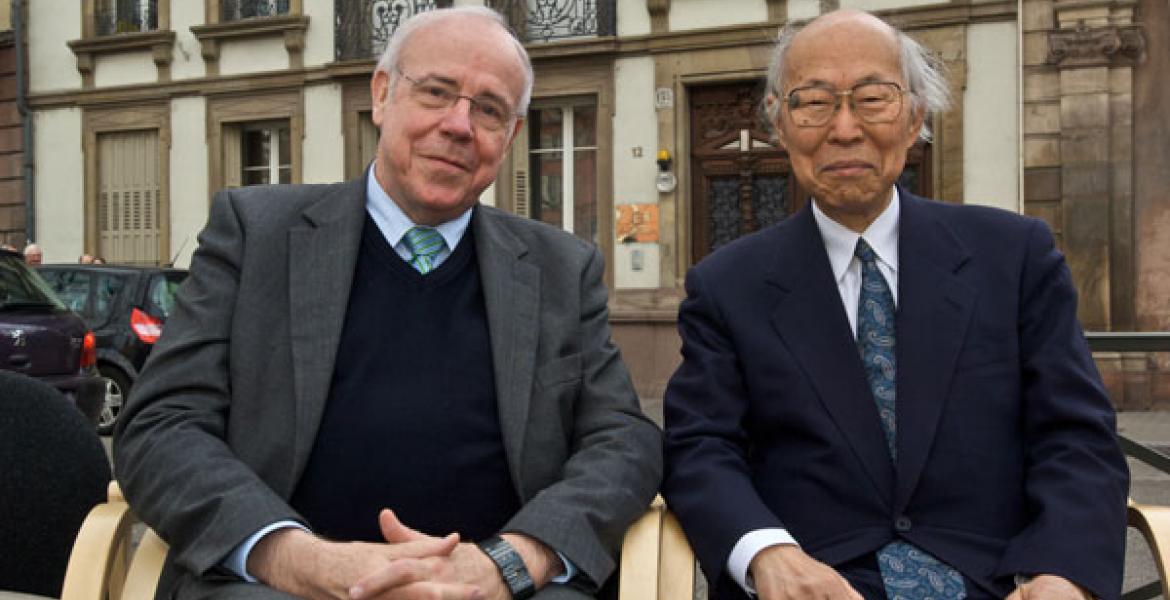 06 - 2009
06 - 2009Akito Arima took office as President and Ernst-Ludwig Winnacker as Secretary General. The Program celebrated its 20th anniversary during the annual awardees meeting held in Tokyo in the presence of former Prime Minister Nakasone. At the meeting of the Board of Trustees in December it was decided to establish the HFSP Nakasone Prize for frontier science. See the commemorative booklet "20 YEARS IN PURSUIT OF EXCELLENCE" with articles by members of the HFSP community.
-

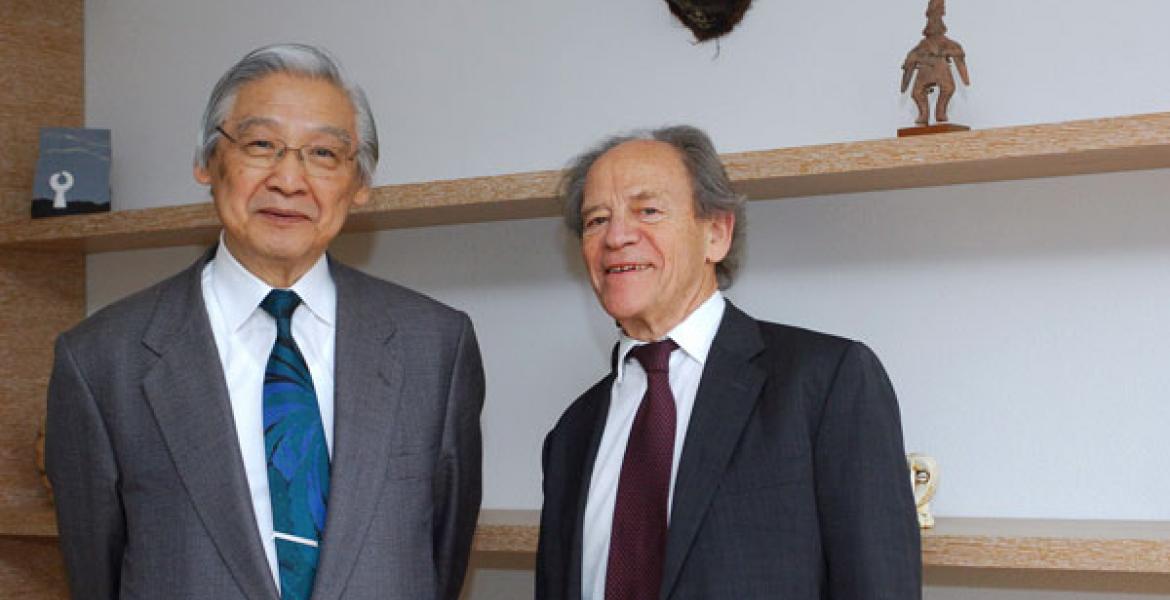 2009
2009Masao Ito and Torsten Wiesel stood down as President and Secretary General of HFSPO, respectively.
-
2008
At the March Board of Trustees meeting, delegates approved Norway as a member of the HFSPO. A memorandum of understanding was signed with the Research Council of Norway.
-
2007
At an Intergovernmental Conference held in Ottawa Canada, representatives of the member countries and the European Union agreed to a framework for financing the Program, including a 4% annual budget increment for the next 3 years.
-
2006
New Zealand was approved as a new member at the March meeting of the Board of Trustees. India's membership was approved in December.
-
12 - 2004
Australia and the Republic of Korea were approved as new members of HFSPO at the December meeting of the Board of Trustees.
-

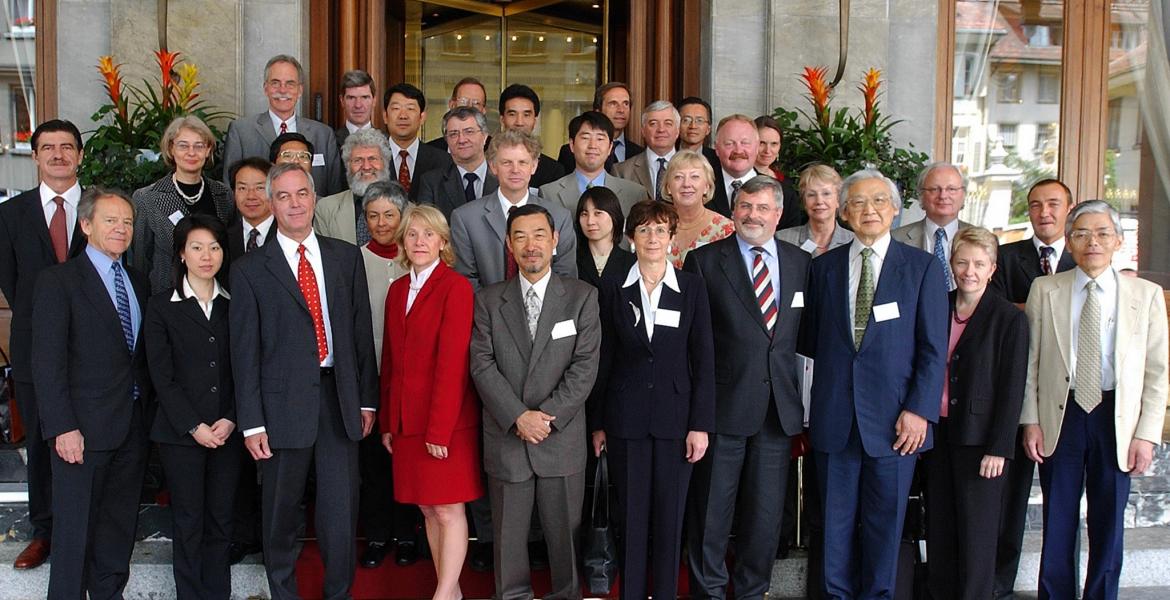 06 - 2004
06 - 2004Delegates from the 8 member countries of the HFSPO and the European Union met at an Intergovernmental Conference in Berne, Switzerland, on June 25th to discuss the future of the HFSP. The delegates agreed upon a general indicative financial framework for the next three years in order to reach a total budget of $60 million and a 50:50 distribution of contributions from Japan and the other countries.
-
2002
An Intergovernmental Conference was held in Berlin, Germany, in June. It was recognised that the scientific value of the HFSP warranted continuation for a further five years. A working group was set up to consider the future finances, status and scope of the Program in preparation for the following Intergovernmental Conference in Switzerland in 2004.
-
2001
Second General Review was published.
-

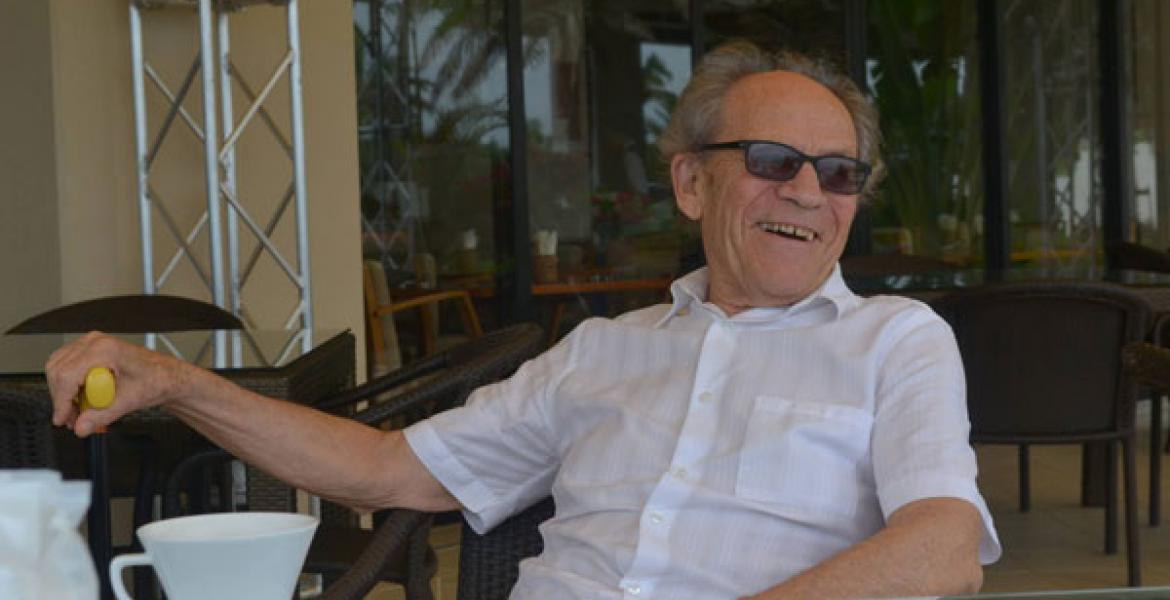 2000
2000Prof. Torsten Wiesel, President Emeritus of Rockefeller University, New York, was appointed as Secretary General.
-
1997
An Intergovernmental Conference was held at the White House in Washington, D.C. in May. It was decided to continue the HFSP for another five years. A further review of the Program was requested. It was completed in 2001.
-
1996
Based on the positive outcome of the General Review, the achievements of the HFSP were welcomed by the participants of the G7 Summit Meeting in Lyon, France in June.
-
1993
Prof. Michel Cuénod, Director of the Brain Research Institute at the University of Zurich, Switzerland, was appointed as Secretary General.
-
1992
An Intergovernmental Conference was held in Tokyo. It recognised the achievements made in the initial phase of the Program and the desirability of continuing the HFSP. It was decided to carry out a general review of the Program from both scientific and organisational standpoints. The review was performed by an international panel of eminent scientists and by external, independent organisations specialising in scientific policy and evaluation. The General Review was completed in 1996.
-
1990
The peer review process was established and the first awards were made in March. Switzerland joined the Program.
-

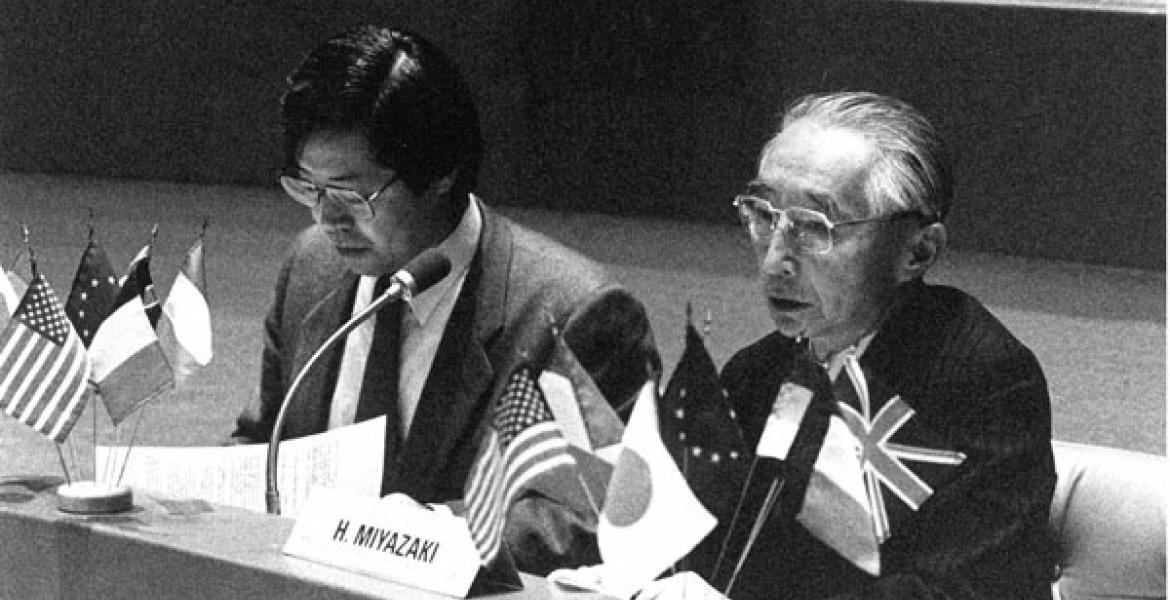 1989
1989The secretariat of the Program, the International Human Frontier Science Program Organization, was founded in October 1989 in Strasbourg, France. The first President of the Program was Ambassador Miyazaki (Japan), the first Chairman of the Council of Scientists was Dr. Edward Rall (US) and the first Secretary General was Sir James Gowans, former Secretary of the Medical Research Council, UK.
-
1988
Further international talks were held from November 1987 to March 1988 in the form of an International HFSP Feasibility Study Committee, which culminated in April 1988 in the "Bonn Wise Men's conference" - this established an outline of the program activities and defined the general scientific areas and types of activity to be supported.
Prime Minister Takeshita of Japan reported the conclusions of the international feasibility study at the Toronto Economic Summit in June. The assembled Heads of State welcomed the proposal for implementation.
-
1988
An International Scientists Committee, which had started work in 1987, gave further shape to the Program, defining its organization and the details of its program activities, research areas and selection procedures. Intergovernmental conferences were held in June and July 1989 in Tokyo and Berlin, respectively, which led to endorsement of the plan by the participating governments. It was agreed to implement the HFSP for an initial experimental phase of 3 years.
-

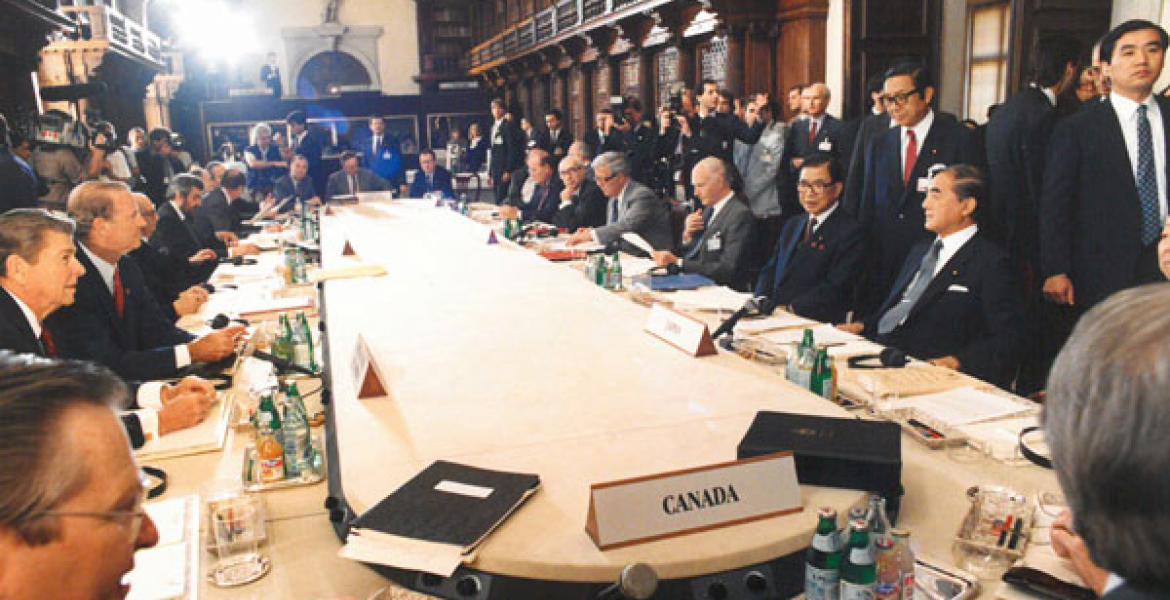 1987
1987Discussion was expanded to include scientists from the G7 summit nations and the European Union, resulting in the "London Wise Men's Conference" in April 1987, which endorsed the suggestion.
Prime Minister Nakasone of Japan proposed the Human Frontier Science Program at the Venice Economic Summit in June. The economic Summit partners and the Chairman of the European Community welcomed the initiative and activities aimed at implementing it as soon as possible were started.
-
1986
A feasibility study was carried out by leading Japanese scientists under the auspices of the Japanese Prime Minister's Council for Science of Technology, to explore possible means to encourage international collaboration in basic research.


































